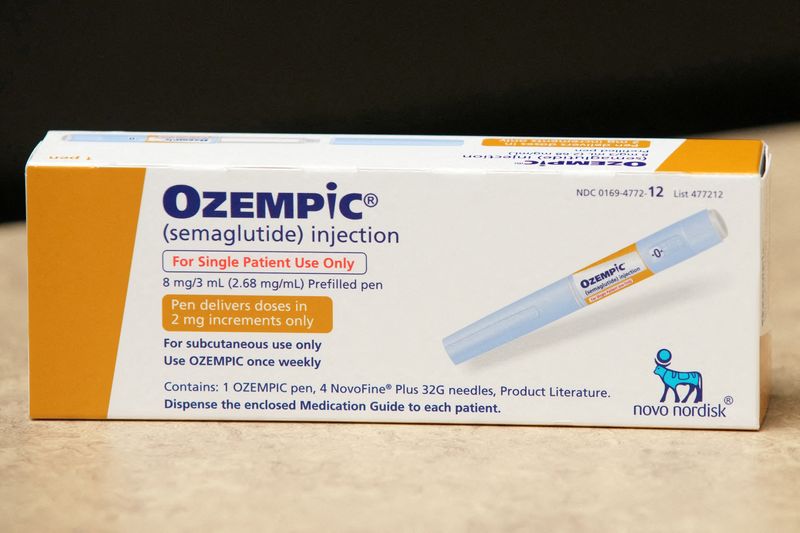Two National Guard members shot near White House
Investing.com -- Raymond James says the Trump administration’s first round of Medicare drug pricing under the Inflation Reduction Act marks a tougher stance than former President Biden’s initial effort.
In a note, analyst Chris Meekins wrote that “Trump’s first swing [is] more aggressive than Biden’s” after the Centers for Medicare & Medicaid Services released negotiated prices for 15 Medicare Part D drugs, set to take effect on Jan. 1, 2027.
Get more views from Wall Street by upgrading to InvestingPro - get 60% off today
According to Raymond James, “President Trump made clear that he expected his team to negotiate higher discounts…than President Biden achieved in his first year. His team appears to have achieved that.”
The administration announced projected savings of “$12 billion (40% reduction),” compared to the “$6 billion projected savings from the Biden Administration” in its first round.
However, Meekins noted that “some health officials argue the savings from this round save about $8 billion,” underscoring uncertainty around the final impact.
One surprising element, Raymond James said, was that “President Trump…was not a part of this announcement,” which came via press release during a holiday week.
The analyst suggested this “may be a sign these are not as significant as they could have been.”
The note also highlighted standout pricing details, pointing to Novo Nordisk’s drugs. It said “the negotiated price for Novo Nordisk’s Ozempic and Rybelsus is $274 and $385 for Wegovy, which are both higher than the prices the company agreed to sell these products at through their deal with the Trump Administration.”
Raymond James stressed that “companies would prefer to not have any negotiations,” but concluded that “the rate is a bit tougher than the Biden Administration’s” and that “larger companies [should] be able to navigate these negotiated rates.”
The firm added that the announcement “should serve as another clearing event for the space” by removing uncertainty that “was an overhang for some investors.”
